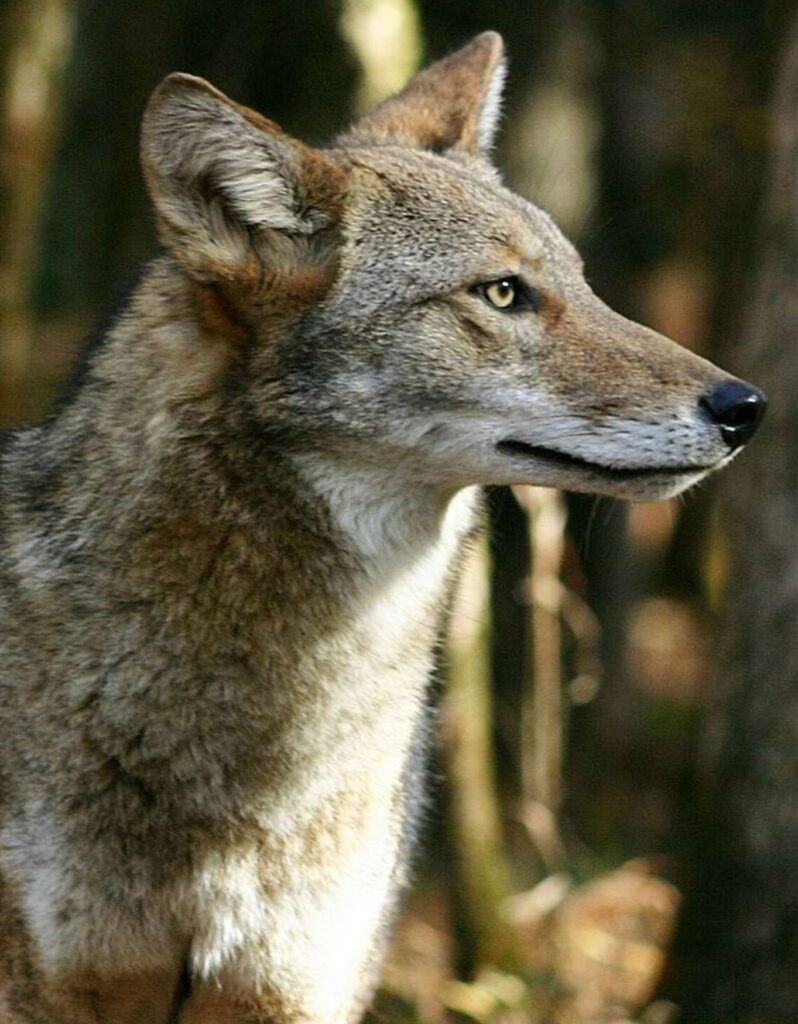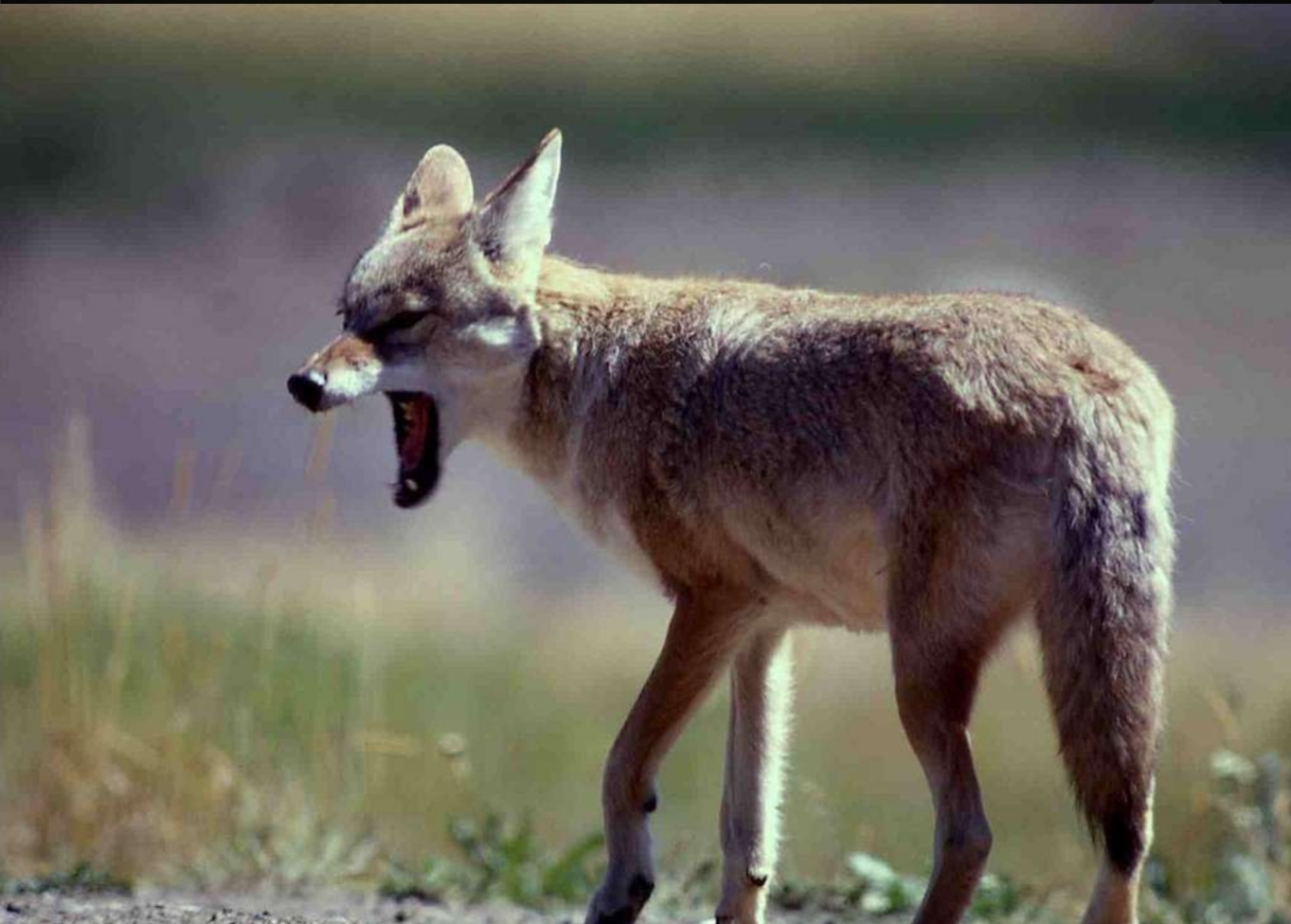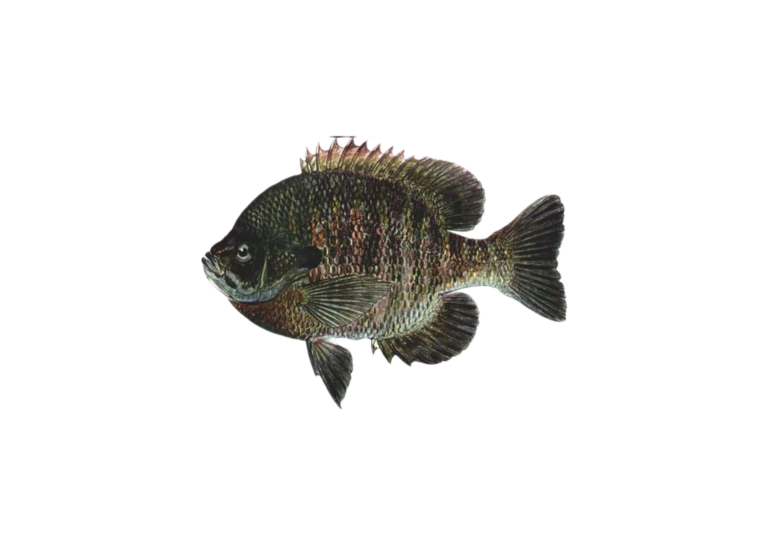Coyotes: The Danger & Necessity

Coyotes (Canis latrans) are a species of adaptable canids native to North America, including the region of Westport, Massachusetts. These intelligent and resourceful animals play a significant role in the local ecosystem, exerting both direct and indirect influences on their environment.
In Westport, like many other areas, coyotes are apex predators, meaning they are at the top of the food chain and have a substantial impact on the populations of their prey species. They primarily feed on small mammals like rodents (such as mice and voles), rabbits, and occasionally birds, reptiles, and insects. By regulating the numbers of these prey species, coyotes help to control their populations and prevent overgrazing or overpopulation of certain species.
Furthermore, coyotes contribute to biodiversity by influencing the behavior and distribution of their prey. For example, their presence can alter the foraging patterns of small mammals, which in turn affects vegetation growth and seed dispersal. This ripple effect throughout the food web underscores the importance of coyotes in maintaining a balanced and healthy ecosystem.
Coyotes also provide ecosystem services through scavenging. They help clean up carrion (dead animals), which not only prevents the spread of diseases but also recycles nutrients back into the soil. This process supports the growth of plants and sustains other wildlife in the area.
However, the presence of coyotes can also pose challenges and controversies, especially in human-dominated landscapes like Westport. One notable impact is their predation on livestock, such as chickens and lambs, which can be economically significant for local farmers. This conflict sometimes leads to efforts to manage coyote populations through hunting or other control measures.
Interestingly, coyotes have adapted remarkably well to human-altered environments. They are known to thrive in suburban and even urban areas, where they can find food and shelter in parks, greenbelts, and even backyard gardens. This adaptability highlights their resilience and underscores the need for thoughtful coexistence strategies.
In summary, coyotes are a vital component of the natural habitat and ecosystem in Westport, Massachusetts. Their role as apex predators influences the dynamics of local wildlife populations, contributes to biodiversity, and provides essential ecosystem services. However, the interaction between coyotes and human activities, such as agriculture and urban development, presents challenges that require a balanced approach to wildlife management and conservation. Understanding and respecting the role of coyotes in the ecosystem is crucial for maintaining healthy and sustainable environments where both wildlife and humans can thrive.






